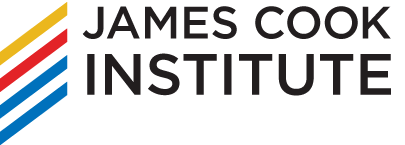Key Takeways:
- Coaching is a proven driver of performance and engagement, but many managers in Singapore lack the skills or confidence to apply it effectively due to lack of training or know-how.
- The most common gaps in managerial coaching include active listening, empathy, structured goal-setting, constructive feedback, and building rapport. Without these, coaching becomes inconsistent, transactional, and often ineffective.
- Structured programmes like James Cook Institute’s Coaching My Team for Performance close these gaps by equipping managers with practical frameworks, tools, and techniques to coach confidently and sustainably. This makes coaching an investment not just in people, but in long-term organisational success.
Why Coaching Is Essential Yet Lacking in Managers
Managers today face more complexity than ever: diverse teams, hybrid work arrangements, fast-changing environments. To succeed, being a boss isn’t enough. Effective managers need to also be great coaches. Here’s why coaching matters, what’s often missing, and how James Cook Institute’s Coaching My Team for Performance course addresses those gaps.
Coaching is Critical for Team Performance
Recent research shows that coaching is not just a global trend but a critical need in Singapore as well. A survey by NTUC LearningHub revealed that 70% of professionals believe coaching improves performance, 65% say it helps actualise employee potential, and 59% link it to increased engagement. Yet, despite this recognition, over half (56%) of respondents admitted they don’t intend to coach their teams, citing a lack of skills or knowledge as the main barrier. Thus as organisations compete for talent, coaching skills become a differentiator: managers who can develop people are more likely to build loyal, high-performing teams.
What Many Managers Lack
Despite its importance, many managers lack the skills or confidence to coach well. Active listening and empathy, two of the most essential coaching skills, are often underused, with managers defaulting to giving instructions rather than truly understanding their team members. Without a structured framework, coaching becomes inconsistent, leaving employees uncertain about expectations or support. Goal setting is another common gap: without clear, SMART objectives and follow-ups, team members can struggle to stay motivated and aligned. Feedback is also a challenge — too many managers deliver feedback that is vague, overly critical, or avoided altogether, which can damage trust and hinder growth. Finally, building rapport and adapting communication styles to suit different individuals are frequently overlooked, causing coaching conversations to feel transactional rather than transformational.
How JCI Changes The Game
James Cook Institute’s Coaching My Team for Performance is tailored to address exactly those gaps. Here’s how the course is structured to build real capability:
- Duration & Mode: 16-hour classroom-based training (9:00 am – 6:00 pm) so leaders get immersive, hands-on experience.
- Who it’s For: Managers, business owners, supervisors, team leaders with at least 1 year experience.
- What You Learn:
- Being an Effective Coach: Traits of good coaches; active listening, empathy, time management; the GROW coaching model.
- Developing a Coaching Plan: Identifying development needs; using SMART goals; asking powerful questions.
- Building Rapport & Communication: Adapting styles, trust building, communication techniques.
- Providing Effective Feedback: Specific, constructive feedback; setting safe space; documentation.
- Coaching Challenges & Solutions: Dealing with conflicts, obstacles, ethical/legal considerations.
- Funding & Accessibility: The course is classroom, has funding schemes for SMEs, citizens/PRs, and is subsidised in various ways.
Why Many Managers Don’t Coach Well (And How to Overcome It)
The reality is that many managers fail to coach not because they don’t see its value, but because of barriers that hold them back. A lack of formal training or frameworks leaves them unsure how to approach coaching conversations. Time constraints are another factor, with many managers prioritising immediate operational tasks over longer-term development. Fear also plays a role: giving difficult feedback or tackling conflict can feel daunting, leading managers to avoid it altogether. Finally, without systems to measure coaching outcomes, organisations often overlook its impact, preventing coaching from becoming a core part of the workplace culture. Overcoming these barriers requires intentional learning, practice, and organisational support, all of which structured programmes like JCI’s provide.
Learning How To Coach Is An Investment
Coaching isn’t a bonus, it’s a central tenet of modern leadership. Managers who can coach well build motivated, resilient, high-performing teams. Yet too few have the tools, confidence or opportunity to do this well.
If you’re a manager, team leader, or supervisor looking to bridge that gap, JCI’s Coaching My Team for Performance gives you the knowledge, framework, and practice to lead better for both your team’s success and your own leadership growth.





